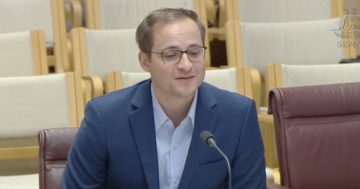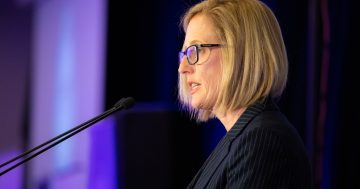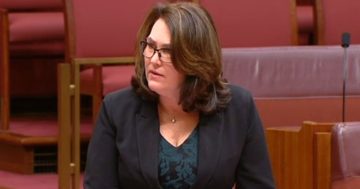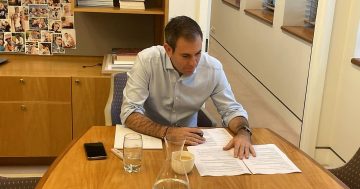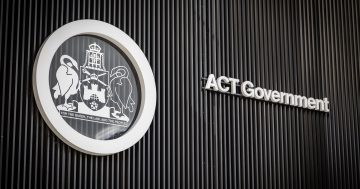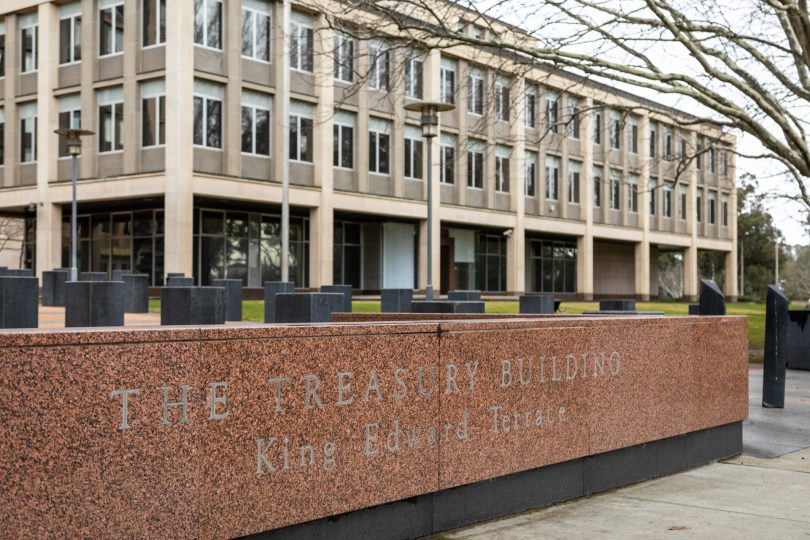
The amount spent on the Big Seven consultancies has almost tripled since the Rudd-Gillard Government. Photo: Michelle Kroll
A recent report from the Australian Institute has found that the Federal Government spends over $1 billion per year on consultancies, funds which could go towards creating an additional 12,000 jobs in the public sector.
The report, Talk isn’t cheap. Making consultants’ reports publicly available via Senate order, found that spending on the ‘Big Seven’ consultancies had almost tripled since the Rudd–Gillard governments, but the results of the consultants’ work are often withheld from the public.
The Big Seven are Deloitte, PwC, EY and KPMG (the Big Four), and the tech-minded professional services giant Accenture, global strategy company McKinsey & Company and Boston Consulting Group.
The report recommends that the Senate encourages greater transparency around the advice received by the Federal Government from these private consultancies as their work is at taxpayers’ expense.
To do so, the Senate would need to use an Order for the Production of Documents, which would see the findings tabled in Parliament and subsequently made public. There are currently 18 orders for the production of documents, most notably the ‘Harradine Order’ which requires Federal Government departments and agencies to produce an indexed list of files every six months to aid Freedom of Information requests and increase government transparency.
My Public Sector
Senior researcher at the Australian Institute’s Democracy and Accountability program Bill Browne says the level of current spending suggests the private sector is receiving “unprecedented” levels of public work.
“It is worth reflecting on the rise of consultancy spending by the Federal Government, now exceeding $1 billion a year. Compelling the work done by consultancies to be public would be an improvement on the status quo, although there is still the underlying issue that consultancies are doing an unprecedented amount of public work,” said Mr Browne.
“The $1.1 billion spent on the largest consultancies last year could have employed an additional 12,346 public servants. It is not just jobs being lost to the public sector; knowledge and experience are being outsourced too.
“Our proposal of a continuing order in the Senate for the production of consultancy reports and written advice would go a long way to ensuring that the work being carried out at considerable taxpayer expense is available for the scrutiny of the public. While such an order would not resolve all problems with the spiralling reliance on consultancies, it would serve as a significant first step,” he said.
The report states that the spending on private consultation demonstrates the futility of the APS Average Staffing Level (ASL) cap, which it says did nothing to reduce government spending. Rather, it directed this spending towards “less accountable and profit-taking companies that lack the public service’s ethical commitment to ‘frank and fearless’ advice”.
The findings of the report were mirrored in the Federal Government’s 2021/22 budget, in which over 5,000 new Australian Public Service jobs were added.











